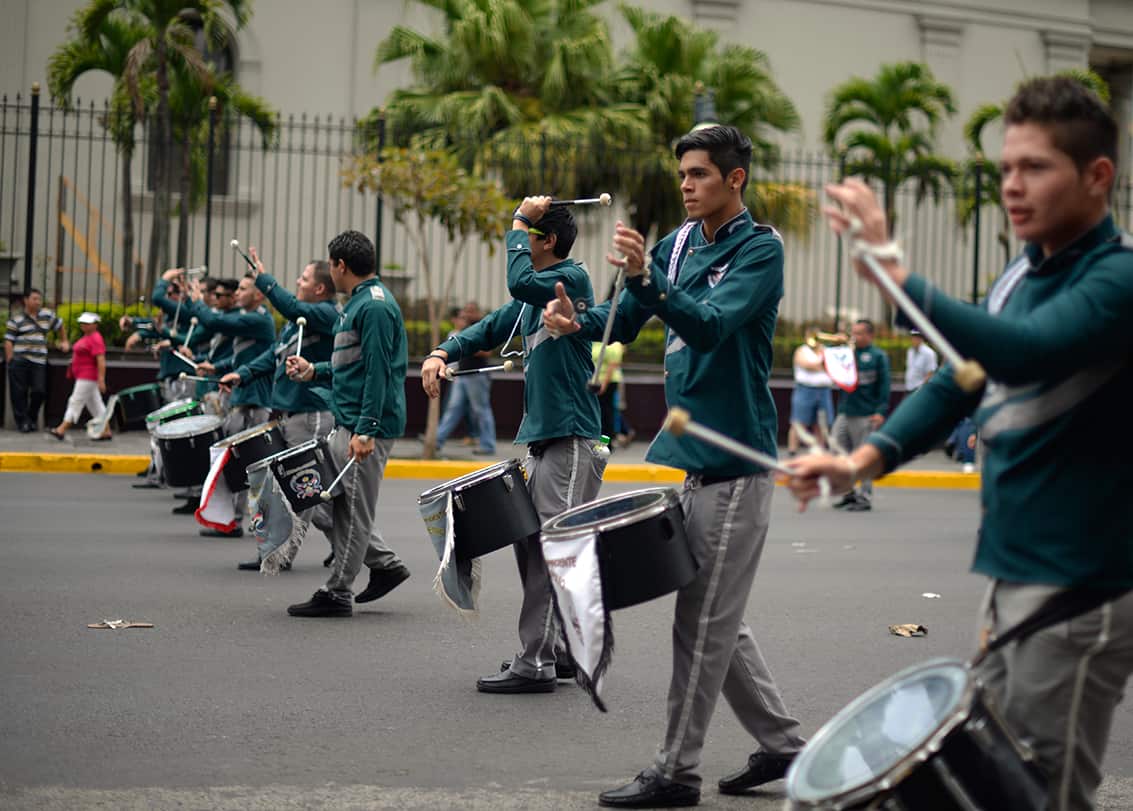As Costa Rica gears up to celebrate Labor Day, it is essential to reflect on the significance of this holiday and its deep-rooted history in Costa Rica. Labor Day is not merely a day off from work; it is a celebration of the indomitable spirit and tireless efforts of the country’s workforce.
The origins of Labor Day in Costa Rica can be traced back to the early 20th century when workers began to organize and fight for their rights. The establishment of the Workers’ Union in 1906 marked a turning point in the nation’s labor history. This union played a pivotal role in advocating for better working conditions, fair treatment, and equitable wages for workers across various industries.
One of the most significant milestones in Costa Rica’s labor movement was the Great Banana Strike of 1919. Led by the United Fruit Company workers, this strike was a watershed moment that paved the way for the recognition of workers’ rights and the enactment of stronger labor laws. The strike highlighted the power of collective action and the importance of solidarity among workers in the face of adversity.
Over the years, Labor Day in Costa Rica has evolved into a broader celebration of workers’ contributions to society. It has become a day to acknowledge not only the victories of the past but also the ongoing struggles and aspirations of the present. It is a reminder that the fight for workers’ rights is an ongoing battle that requires constant vigilance and unwavering commitment.
Today, Labor Day celebrations in Costa Rica are marked by a vibrant display of unity and pride. The streets come alive with colorful parades, where workers from various sectors march side by side, holding banners and flags that symbolize their collective strength. The Parade of Unions is a particularly poignant moment, as it showcases the diversity and solidarity of the nation’s workforce.
In addition to the parades, Labor Day in Costa Rica is celebrated through a range of cultural events and performances. Parks and public spaces are transformed into stages where traditional music and dance take center stage. These performances serve as a tribute to the rich cultural heritage of the country and the invaluable contributions of workers to the arts and society as a whole.
Beyond the festive celebrations, Labor Day is also a time for Costa Ricans to connect with nature and appreciate the beauty of their surroundings. Families and friends gather in parks, enjoy picnics, and take leisurely walks along the country’s pristine beaches. This connection to the environment is a reminder of the interconnectedness of all aspects of life and the importance of preserving the natural world for future generations.
Central to the Labor Day celebrations and the ongoing struggle for workers’ rights are the workers’ unions. These organizations play a crucial role in advocating for fair wages, benefits, and working conditions. Through collective bargaining and negotiations with employers, unions strive to ensure that workers’ voices are heard and their needs are met.
Labor Day is a time for unions to reflect on their achievements and renew their commitment to the cause. It is a day to honor the sacrifices of those who fought for workers’ rights in the past and to chart a course for the future. Unions organize marches, rallies, and events to raise awareness about the challenges faced by workers and to mobilize support for their demands.
The role of workers’ unions extends beyond Labor Day celebrations. They provide a vital support system for workers, offering guidance, representation, and protection in the face of workplace disputes and unfair treatment. Unions are the guardians of workers’ rights, ensuring that the principles of fairness, equality, and dignity are upheld in the workplace.
As we celebrate Labor Day, it is essential to recognize the resilience and determination of Costa Rica’s workers. Despite the challenges and obstacles they face, workers continue to be the backbone of the nation’s economy and the driving force behind its progress. Their contributions, both large and small, are the foundation upon which Costa Rica’s success is built.






